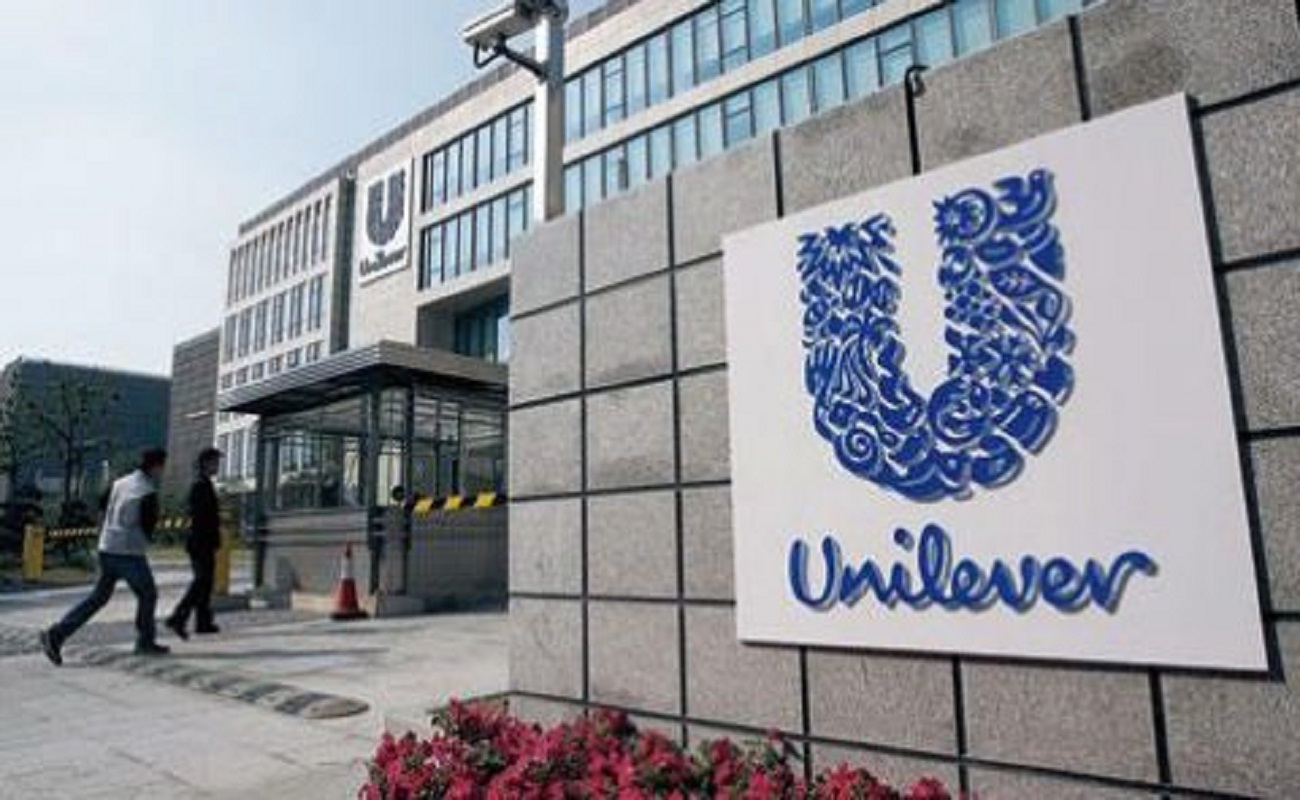Unilever Nigeria Plc has disclosed a planned initiative aimed at increasing access to local raw materials, through partnerships with farmers and intermediary firms. This will, among other things, drastically reduce the company’s dependence on importation of raw materials.
The company’s Procurement Director, Thomas Nwanza made this known during his speech at the Manufacturing and Equipment, Nigerian Raw Materials Expo which was recently concluded in Lagos. According to him, the company has already made considerable progress in this regard but aims to achieve more.
Already, Unilever has achieved over 90% in local sourcing of packaging materials. The aim is to achieve 100% by the end of 2019 and overcome the current challenges of local vendor’s capacity to meet up with global best standard. In the agro-allied sector, Unilever is partnering with intermediary companies, for the supply of cassava and starch.
We are also investing in the production of palm oil for use in BlueBand and soaps, and exploring local production of herbs and spice for our seasoning cubes.
Details of the initiative
The company intends to invest in farmers and intermediary firms, improve their production/processing capacities, and better position them to transform farm produce into semi-finished products which can be sourced as raw materials for Unilever’s productions. This initiative is aptly named ‘Partner to Win’, and the company strongly believes that it will encourage local productivity, discourage importation, and encourage economic growth.
The reason for the initiative
The Federal Government of Nigeria has recently demonstrated efforts to diversify the economy and reposition the Agric sector as an economic mainstay. One of such efforts is the backward integration programme, which Nwanza commended. According to him, “we have found strong connections between this policy and our business model. This has spurred us to enhance our local sourcing capabilities that we have embarked on for about a decade.”
Who benefits from this initiative?
This initiative will benefit farmers and companies in the agro-allied sector by helping them to improve their production/processing capacities, and by so doing make more money. As Nwanza pointed out, “by working with the intermediary companies to source these materials, we are contributing to up-scaling the technical skills required for sustainable commercial farming in Nigeria.”
Asides encouring growth in the Agric/agro-allied sectors, the government also stands to chance to earn more through taxation. Also, the initiative will stimulate economic activities within the localities where these farms and agro-allied industries are situated. This will in turn have long-term positive impacts on Nigeria’s economy.
It should be stated here that Nigeria spent a total of ₦19.5 trillion between 2000 and 2016 on importation of raw materials, according to the Raw Materials Research and Development. This money would have invested in the country’s agriclture in order to ensure self suffciency. Consequently, with Unilever at the forefront of this revolution, there is hope for good outcomes.
We believe that our partnership with these investors will not only create jobs within the agriculture sector but also provide support that will enhance their technical know-how and skills.
Meanwhile, there are a few reasons for concern. Some of these concerns include the inability of Unilever’s partners to meet required standards in terms of quality and packaging, and the possibility of locally-sourced raw materials being more expensive than imported ones. Despite these probabilities, Nwanza noted that the company will not be detered from seeing the initatiative through.
Unlever Nigeria Plc has a market share price of ₦55.00 as at March 4th, 2018. The company was incorporated in 1923, and its stocks are actively traded on the floor of the Nigerian Stock Exchange.
